#jingna zhang
Explore tagged Tumblr posts
Text
"Artists have finally had enough with Meta’s predatory AI policies, but Meta’s loss is Cara’s gain. An artist-run, anti-AI social platform, Cara has grown from 40,000 to 650,000 users within the last week, catapulting it to the top of the App Store charts.
Instagram is a necessity for many artists, who use the platform to promote their work and solicit paying clients. But Meta is using public posts to train its generative AI systems, and only European users can opt out, since they’re protected by GDPR laws. Generative AI has become so front-and-center on Meta’s apps that artists reached their breaking point.
“When you put [AI] so much in their face, and then give them the option to opt out, but then increase the friction to opt out… I think that increases their anger level — like, okay now I’ve really had enough,” Jingna Zhang, a renowned photographer and founder of Cara, told TechCrunch.
Cara, which has both a web and mobile app, is like a combination of Instagram and X, but built specifically for artists. On your profile, you can host a portfolio of work, but you can also post updates to your feed like any other microblogging site.
Zhang is perfectly positioned to helm an artist-centric social network, where they can post without the risk of becoming part of a training dataset for AI. Zhang has fought on behalf of artists, recently winning an appeal in a Luxembourg court over a painter who copied one of her photographs, which she shot for Harper’s Bazaar Vietnam.
“Using a different medium was irrelevant. My work being ‘available online’ was irrelevant. Consent was necessary,” Zhang wrote on X.
Zhang and three other artists are also suing Google for allegedly using their copyrighted work to train Imagen, an AI image generator. She’s also a plaintiff in a similar lawsuit against Stability AI, Midjourney, DeviantArt and Runway AI.
“Words can’t describe how dehumanizing it is to see my name used 20,000+ times in MidJourney,” she wrote in an Instagram post. “My life’s work and who I am—reduced to meaningless fodder for a commercial image slot machine.”
Artists are so resistant to AI because the training data behind many of these image generators includes their work without their consent. These models amass such a large swath of artwork by scraping the internet for images, without regard for whether or not those images are copyrighted. It’s a slap in the face for artists – not only are their jobs endangered by AI, but that same AI is often powered by their work.
“When it comes to art, unfortunately, we just come from a fundamentally different perspective and point of view, because on the tech side, you have this strong history of open source, and people are just thinking like, well, you put it out there, so it’s for people to use,” Zhang said. “For artists, it’s a part of our selves and our identity. I would not want my best friend to make a manipulation of my work without asking me. There’s a nuance to how we see things, but I don’t think people understand that the art we do is not a product.”
This commitment to protecting artists from copyright infringement extends to Cara, which partners with the University of Chicago’s Glaze project. By using Glaze, artists who manually apply Glaze to their work on Cara have an added layer of protection against being scraped for AI.
Other projects have also stepped up to defend artists. Spawning AI, an artist-led company, has created an API that allows artists to remove their work from popular datasets. But that opt-out only works if the companies that use those datasets honor artists’ requests. So far, HuggingFace and Stability have agreed to respect Spawning’s Do Not Train registry, but artists’ work cannot be retroactively removed from models that have already been trained.
“I think there is this clash between backgrounds and expectations on what we put on the internet,” Zhang said. “For artists, we want to share our work with the world. We put it online, and we don’t charge people to view this piece of work, but it doesn’t mean that we give up our copyright, or any ownership of our work.”"
Read the rest of the article here:
https://techcrunch.com/2024/06/06/a-social-app-for-creatives-cara-grew-from-40k-to-650k-users-in-a-week-because-artists-are-fed-up-with-metas-ai-policies/
609 notes
·
View notes
Text

Luping Wang by Jingna Zhang for Harper's Bazaar China, 2019
#luping wang#jingna zhang#harper's bazaar china#10s#fashion editorial#fashion magazine#fashion photography#photography#editorial#editorial photoshoot#editorial photography
144 notes
·
View notes
Text
#that's her#one of my first follows#i think i found her back when i used to browse deviantart on the regular#zemotion#zhang jingna#jingna zhang
36 notes
·
View notes
Text

Forgotten Fairytales
Photography by Jingna Zhang
31 notes
·
View notes
Text

KOM_I by Jingna Zhang
Styling: Tsugumi Watari,
Hair: Koichi Nishimura,
MakeUp: UDA,
Special MakeuP: Toru Hane
4 notes
·
View notes
Text
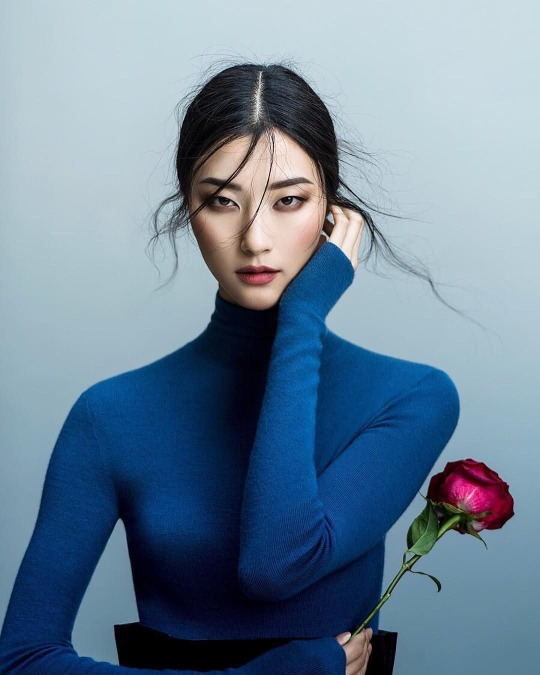
Photo by Jingna Zhang (zemotion)
35 notes
·
View notes
Text
Female Portraiture On Flower Walls By Jingna Zhang

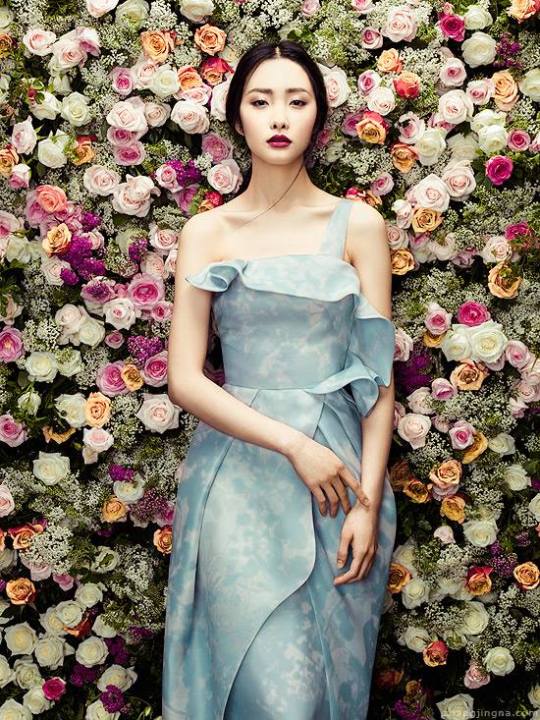
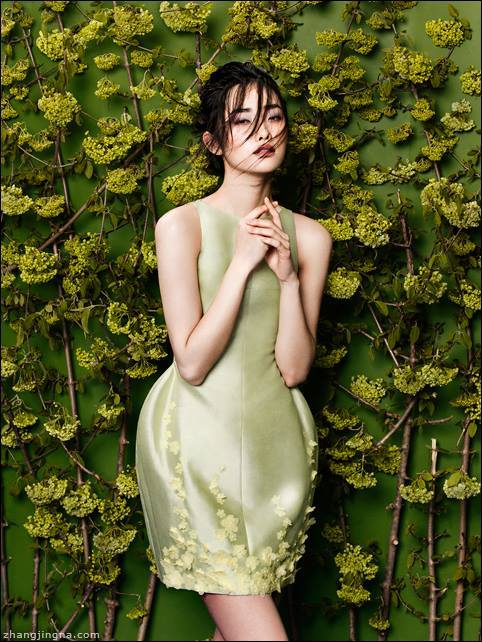
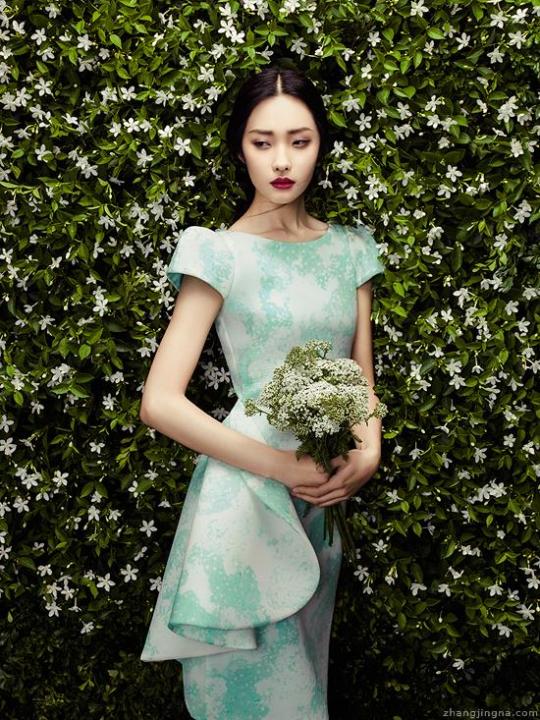
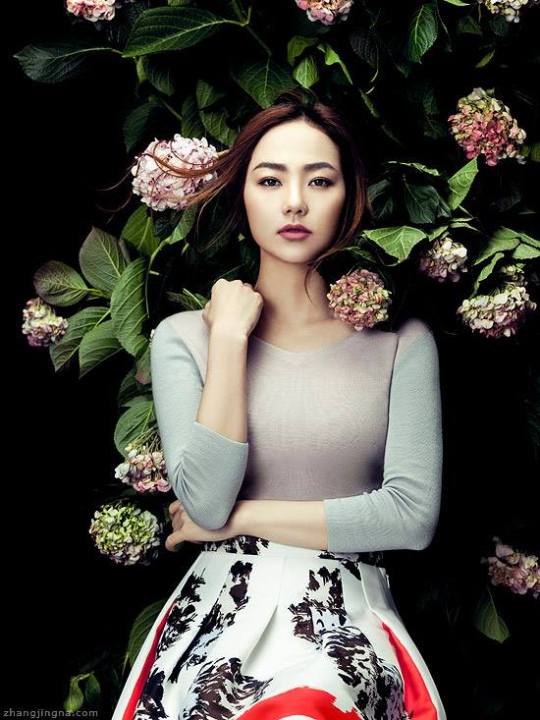
#photography#jingna zhang#women photographers#photographers on tumblr#female photographers#fine art photography#photo-art-lady#photography blog#photoblog#portraiture#art#zhang jingna#flower wall#flower wall art#flower wallpaper#blog de fotografia#mulheres fotógrafas#fotografia artistica#photographie#fotografia#photos of the day#fotografias do dia#portraits of women#women artists#girl with flowers#flowers
9 notes
·
View notes
Text
#Jeff Dieschburg#Jingna Zhang#artist#art#painting#drawing#nft#nft art#nft artist#copycat#copy#plagiarism#steal#creative#ideas
1 note
·
View note
Text

Coco Rocha by Zhang Jingna for Harper's Bazaar Vietnam, 2017
#coco rocha#zhang jingna#harper's bazaar vietnam#10s#original supermodels#90s supermodels#supermodels#fashion photography#fashion editorial#photography#editorial photoshoot#editorial photography#editorial
32 notes
·
View notes
Photo
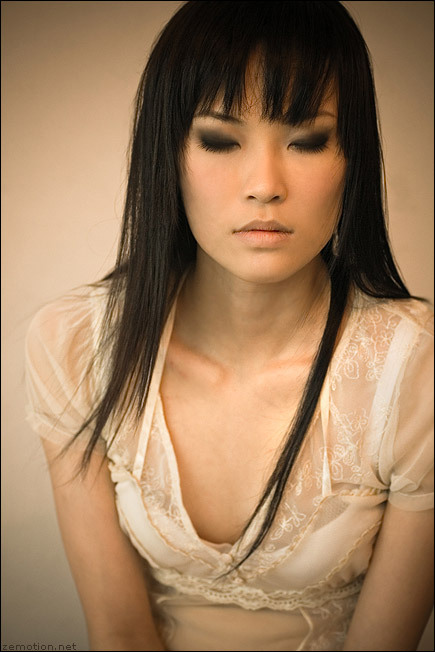
zhang jingna (zemotion)
33 notes
·
View notes
Text



Zhang Jingna Art
0 notes
Text

6 notes
·
View notes



